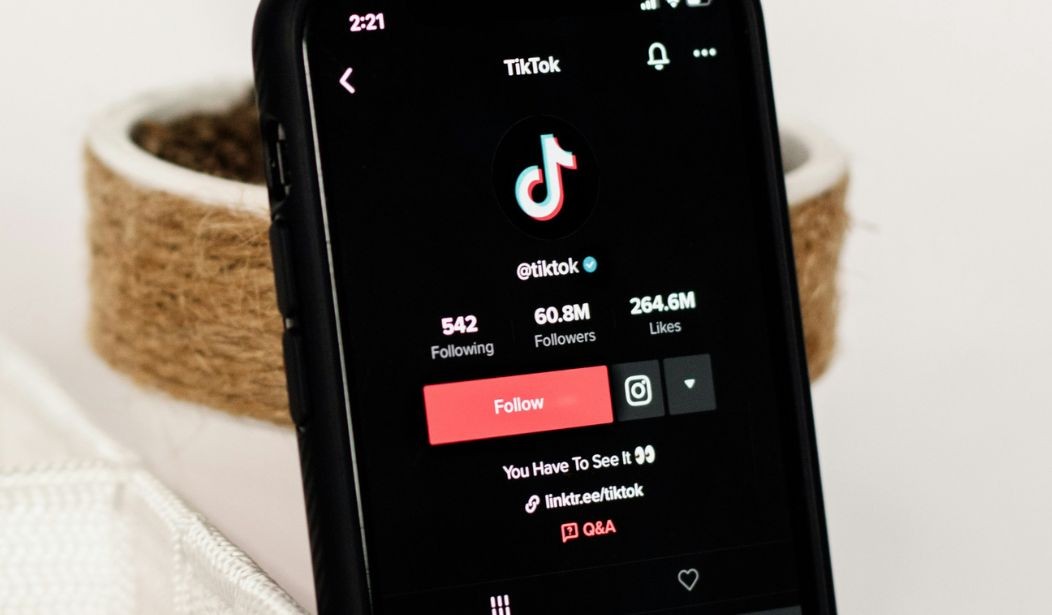Amid growing concerns about mental health, a new study revealed an alarming trend among children: self-diagnosing through social media. As kids are increasingly using social media and other online platforms, they are in danger of being unduly influenced by those who are unequipped to provide information and advice to minors who might have legitimate problems.
This trend raises serious questions about how social media has affected America’s children and how they can be protected from harmful influences on the internet.
The study, conducted by EdWeek Research Center, found that 55 percent of students use social media to self-diagnose. Researchers also found that 65 percent of teachers say they have seen this phenomenon play out in their classrooms. Even further, 52 percent of teens confirmed using social media to diagnose other people’s mental health conditions, with 68 percent of educators indicating they have seen this behavior in their classrooms.
These findings raise a series of questions that need answering.
Firstly, could this trend lead to deeper mental health issues among children? It is certainly possible. Dr. John Piacentini, director of the Center for Child Anxiety Resilience Education and Support and a professor at UCLA, said, “This is where kids go for information, and they see people like themselves that are struggling with psychiatric illness or mental health concerns.”
Dr. Christine Crawford indicated that the trend reflects a lack of adequate resources for protecting the mental health of children. “Kids are really struggling and they’re struggling to access the tools and resources that they need to take care of their mental health,” she said.
Another issue is the rapid rise of children identifying as transgender. In October 2022, a report found that in 2021, the number of kids suffering from gender dysphoria tripled from what it was in 2017. A different report showed that all but one state saw a rise in gender dysphoria diagnoses between 2018 and 2022.
These findings support the social contagion theory, which posits that external influences are convincing children that they were born in the wrong body. While progressive proponents of pushing transgenderism among kids might argue that the increase is due to a growing acceptance of transgender individuals, EdWeek’s study seems to suggest otherwise. It is entirely plausible to suggest that the prevalence of pro-transgender content on social media is influencing young people’s perceptions of their gender identity.
The study did note a positive aspect of the trend: the fact that mental illness is less stigmatized than it was in the past, which makes youngsters more comfortable with discussing their problems.
On the positive side, social media has helped take much of the shame out of discussing mental health topics, which were considered taboo or at least TMI—too much information—not long ago.
In fact, 72 percent of educators say social media has made it easier for students to acknowledge mental health challenges, according to the EdWeek Research Center survey.
Many high school students agree. “I think a lot of the recent shifts that it’s OK to discuss mental health—discussing anxiety and depression—have been because of social media,” said Shreeya Gogia, a high school senior in Texas and a facilitator for the National Association of Secondary School Principals’ Student Leadership Network on Mental Health.
The problem of social media’s impact on children is a tough nut to crack. Some of those in the political class have pushed for government intervention. States like Florida and others have passed laws limiting minors’ social media use. But this is only a band-aid – legislation that feels good but won’t yield substantial results.
In the end, it is up to parents to protect their children from pernicious influences on social media and elsewhere. People must become intimately involved in their kids’ online lives. Dr. Crawford recommended that parents should ensure that their kids get treatment from actual mental health professionals and be more engaged with them about where they are getting their information.
“You want to be curious about where they’re getting their mental health information, how it is that their friends are managing with their mental health, and then you can have the teen show you,” she said.
In the end, the first line of defense for children falling into this trend is not the government. It is the parents.











